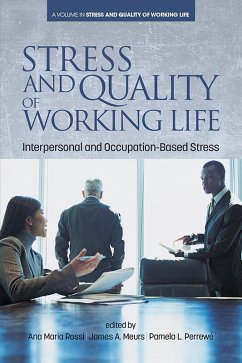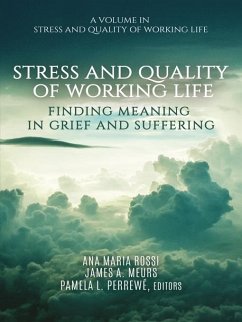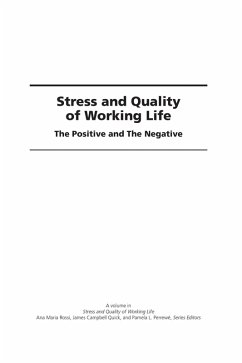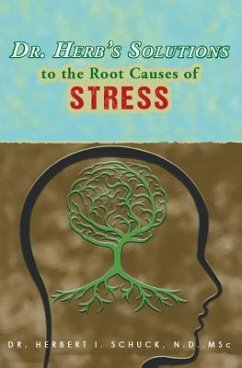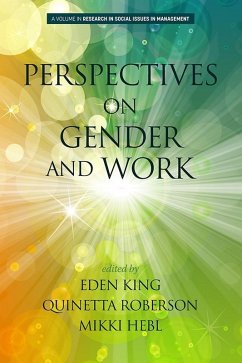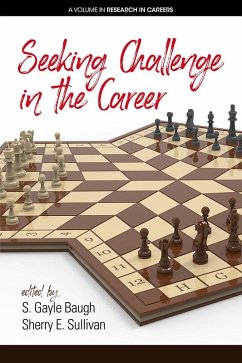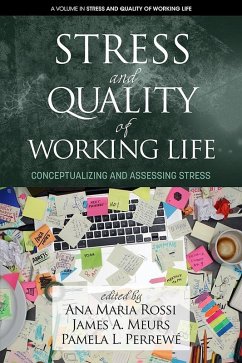
Stress and Quality of Working Life (eBook, ePUB)
Versandkostenfrei!
Sofort per Download lieferbar
50,95 €
inkl. MwSt.
Weitere Ausgaben:

PAYBACK Punkte
25 °P sammeln!
Workrelated stress is costly not only to employees, but also to organizations and society. For example, it is estimated that workrelated stress, depression, and anxiety costs British employers £1,035 per employee and that workplace stress costs the US economy up to $300 billion annually. However, elevated levels of stress often cannot be changed, and, if demands were not placed on employees, employee learning, organizational innovation, and societal economic growth would be hindered. Consequently, it is vital that occupational health practitioners, employees, employers and researchers strive ...
Workrelated stress is costly not only to employees, but also to organizations and society. For example, it is estimated that workrelated stress, depression, and anxiety costs British employers £1,035 per employee and that workplace stress costs the US economy up to $300 billion annually. However, elevated levels of stress often cannot be changed, and, if demands were not placed on employees, employee learning, organizational innovation, and societal economic growth would be hindered. Consequently, it is vital that occupational health practitioners, employees, employers and researchers strive to better understand and manage workplace stress, such that employee health and wellbeing can be improved. This book can assist organizations and individuals as they encounter workplace stress. This edition highlights research done by 25 authors across 12 chapters that challenges how work stress is viewed and assessed. Additionally, a number of social and psychological influences on the stress experience are examined. Our beliefs and expectations of stress and its results, whether helpful or hurtful, can have a profound influence on our stress experiences. Also, the way that we approach our work (e.g., job crafting) or the treatment we receive from others (e.g., with dignity) can either mitigate or exacerbate any harmful or beneficial effects of stress. Moreover, how we assess the psychological (e.g., burnout and wellbeing) or physiological (e.g., cortisol) outcomes of stress are meaningful, and the proper diagnosis of stress (e.g., stress surveys) underlies our understanding. We hope that the findings reported in these chapters and the insights of these scholars will provide ways for you and/or your organization to improve the health and wellbeing of employees.
Dieser Download kann aus rechtlichen Gründen nur mit Rechnungsadresse in A, B, BG, CY, CZ, D, DK, EW, E, FIN, F, GR, HR, H, IRL, I, LT, L, LR, M, NL, PL, P, R, S, SLO, SK ausgeliefert werden.




